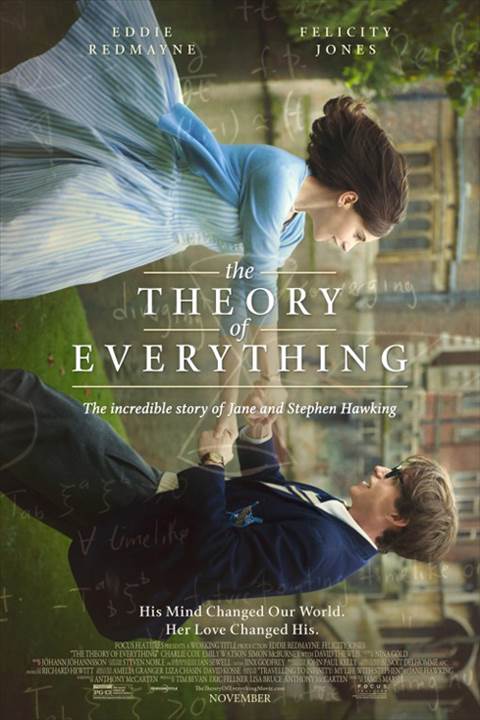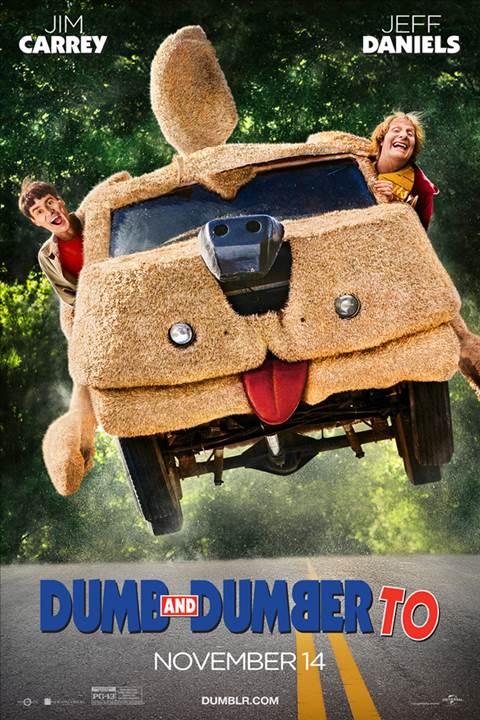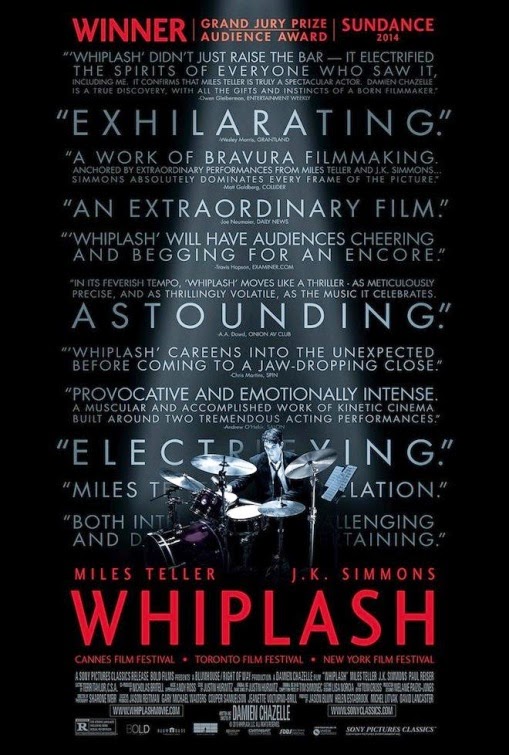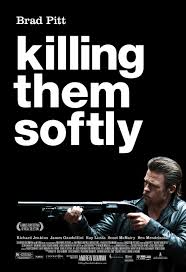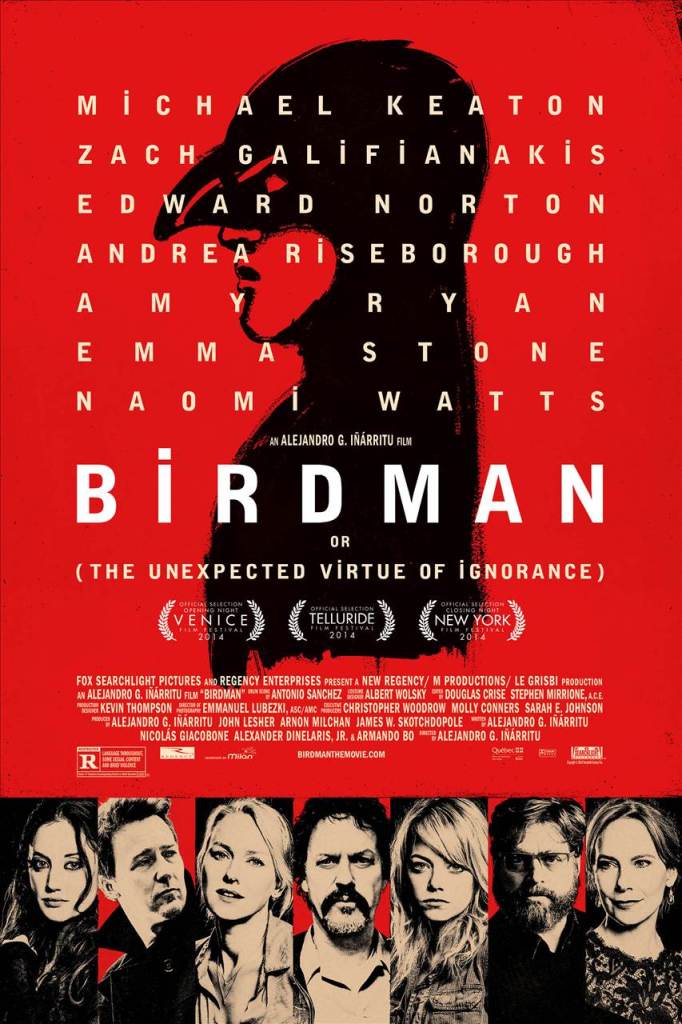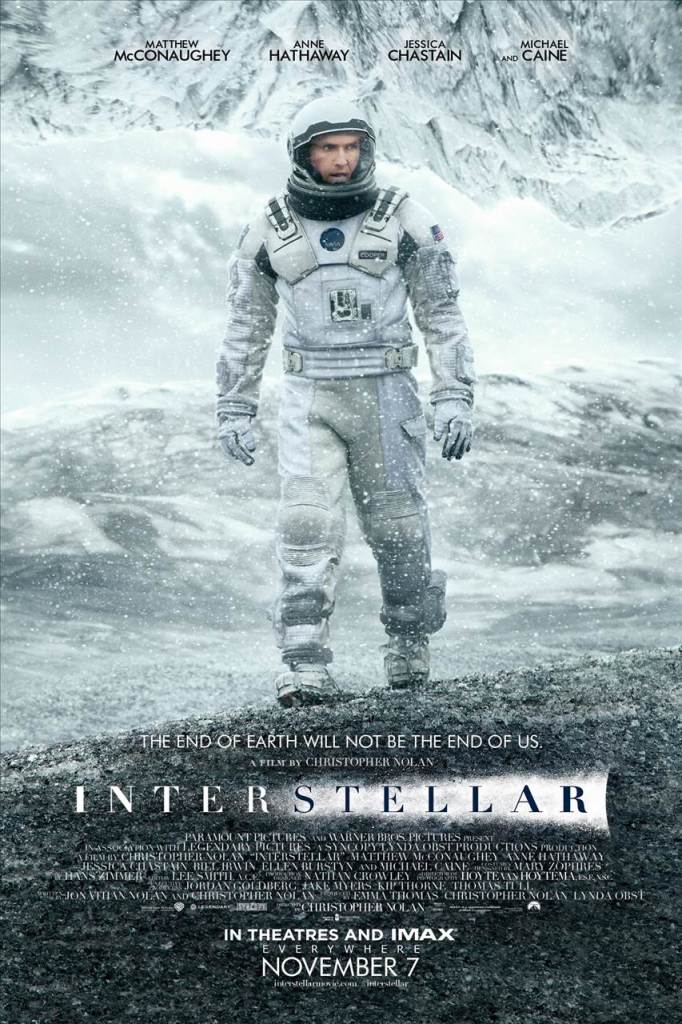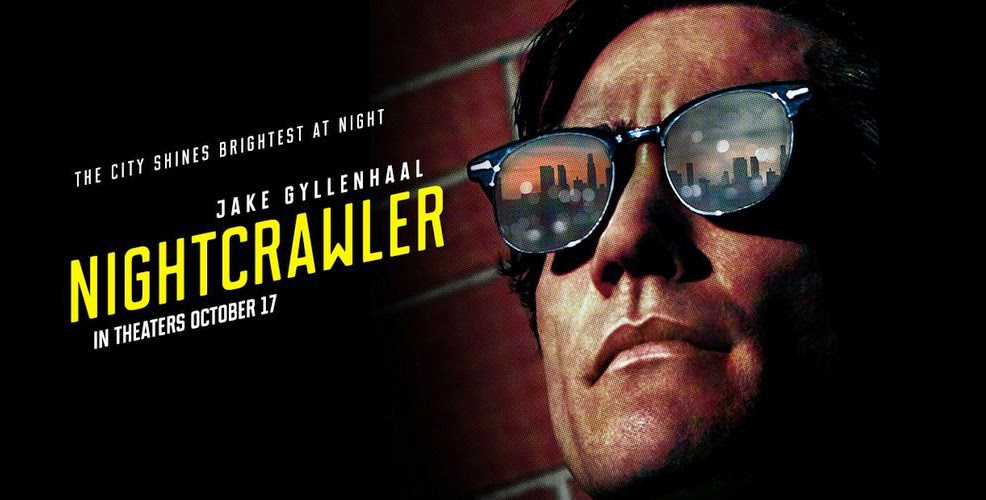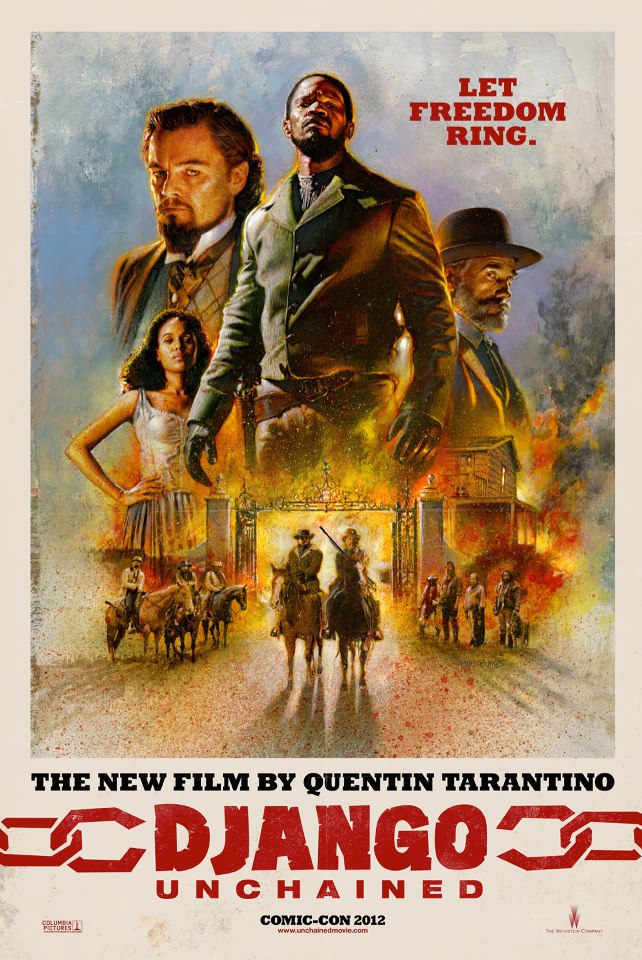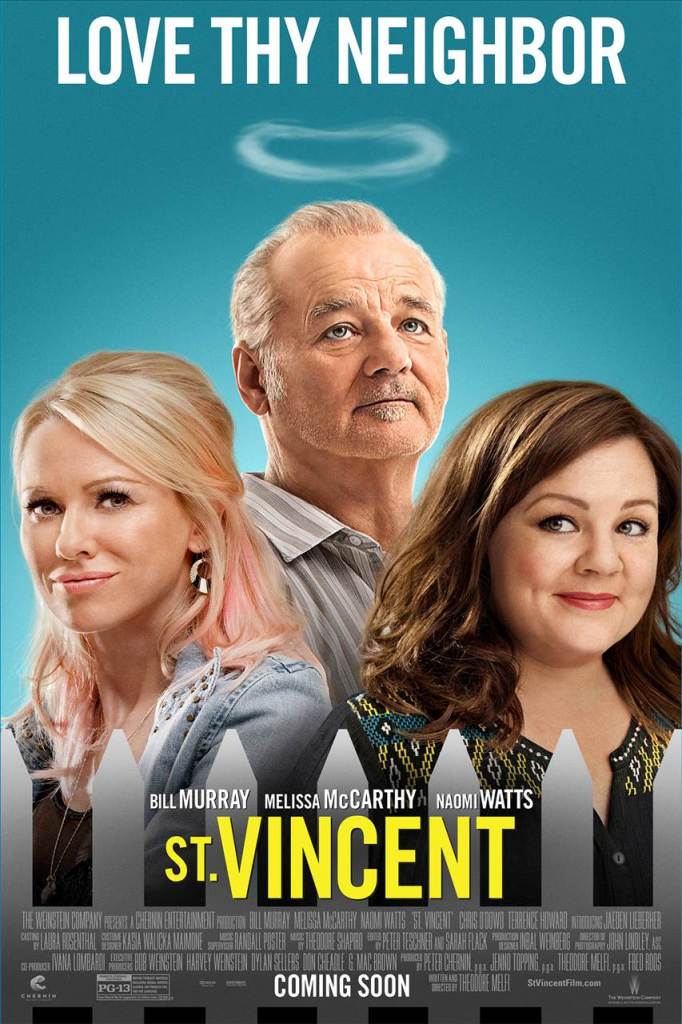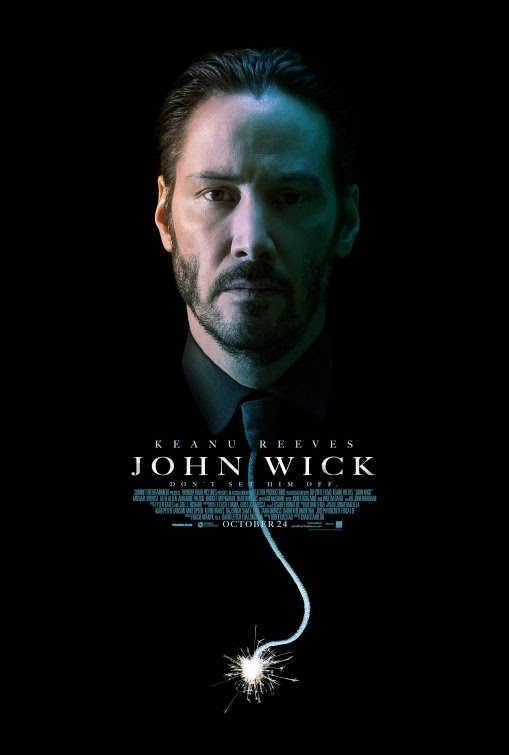Based on the SECOND memoir published by Jane Wilde Hawking, “The Theory of Everything” is not so much a biopic about the world’s most well known physicist as it is an examination of a marriage enduring great obstacles and challenges, and the toll these challenges take on the people involved.
“The Theory of Everything” starts with Stephen Hawking’s (Eddie Redmayne) first year studying for his doctorate at Cambridge University, where he meets a fetching young art student named Jane (Felicity Jones), and they hit it off and embark on the beginning of a nice little relationship. At the same time Stephen is trying to figure out what his ultimate thesis at school will be (spoiler alert: it’s time), and he is growing into the most promising student at Cambridge in years. But the problem is that he is slowly deteriorating, at first for reasons he does not know and then eventually diagnosed as ALS (a.k.a. Lou Gehrig’s disease). His muscles stop responding as they should, and he soon develops difficulty with just about everything we take for granted, like walking, eating and talking.
Given two years to live, he sinks into a depression and tries to push Jane away, but she refuses to go anywhere and instead insists on helping him in any way possible because of love damn it. So they get married and have kids and he comes out of his funk and continues to work on his doctorate, and then goes on to work on other theories and ideas while he becomes confined to a wheelchair and his wife helps him with everything. And of course this becomes a strain on the relationship, as Jane set her own life and ambitions aside so she could help Stephen live the rest of his life.Continue Reading …
